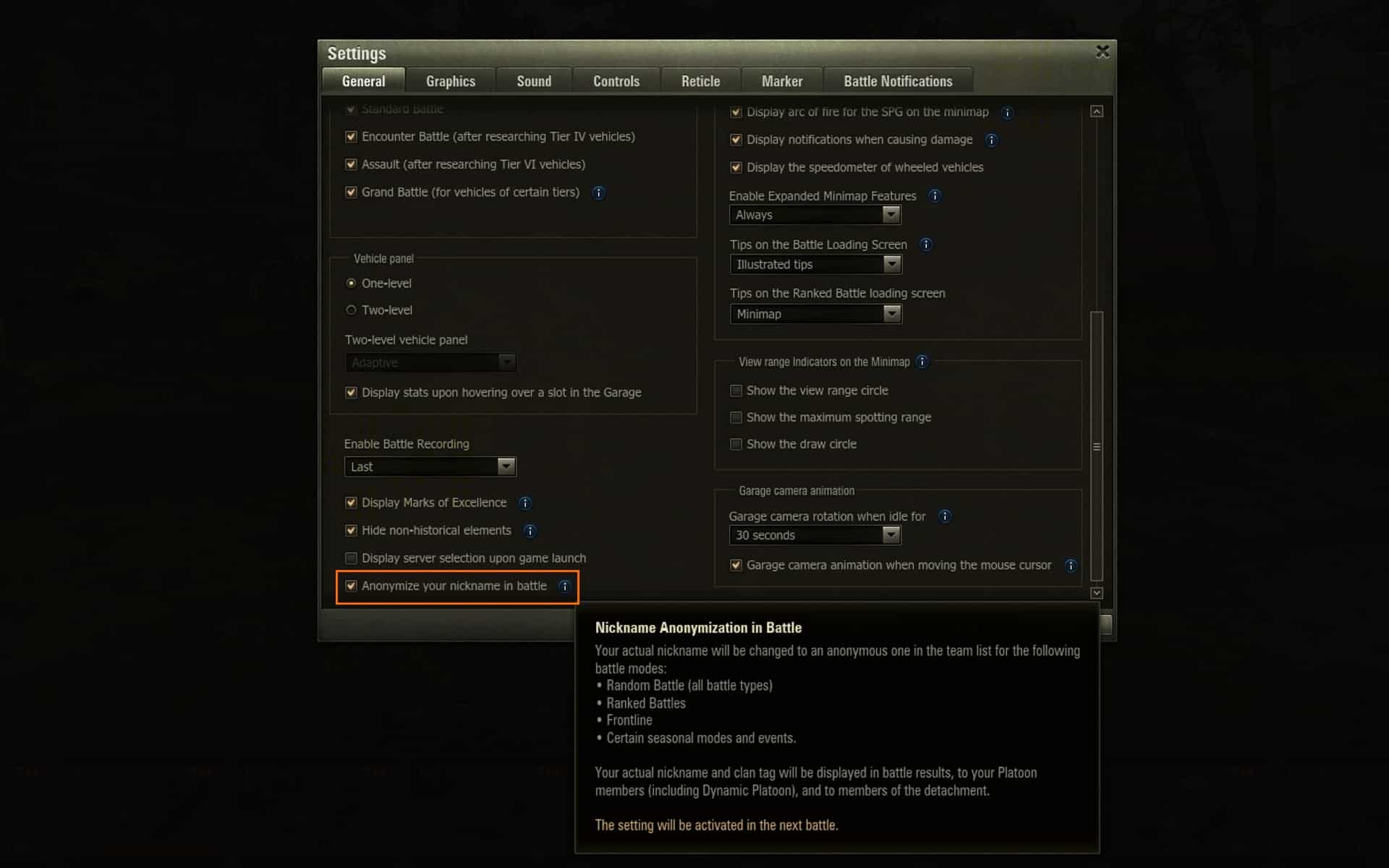In the digital age, maintaining online privacy is more important than ever. One of the most effective tools used to preserve online anonymity is an anonymizer. This comprehensive guide will explain what anonymizers are, how they work, and why they’re crucial for protecting your internet privacy. We’ll also explore different types of anonymizers, their advantages, disadvantages, and the legal aspects surrounding their usage.
What is an Anonymizer?
An anonymizer, also known as an anonymous proxy, is a tool that provides internet users with anonymity when browsing the web. It achieves this by masking the user’s IP address, thus making it difficult for third parties to track online activities.
How Does an Anonymizer Work?
An anonymizer acts as an intermediary between the user’s computer and the internet. When you send a request to access a website, it first goes through the anonymizer, which changes your IP address. The request is then forwarded to the destination website, making it appear as though it’s coming from the anonymizer rather than your computer.
Types of Anonymizers
There are several types of anonymizers available, each with its unique method of providing online anonymity. Here are a few:
- Web-based anonymizers: These anonymizers are websites that allow you to access other websites while masking your IP address. They require no software installation and are very user-friendly.
- Proxy servers: These are computers or servers that act as intermediaries between your computer and the internet. They mask your IP address and can also filter content.
- Virtual Private Networks (VPNs): VPNs provide a private tunnel through the public internet. They not only hide your IP address but also encrypt your data, offering enhanced security.
| Anonymizer Type | IP Masking | Data Encryption | Content Filtering |
|---|---|---|---|
| Web-based Anonymizer | ✔ | ✘ | ✔ |
| Proxy Server | ✔ | ✘ | ✔ |
| VPN | ✔ | ✔ | ✔ |
Why Use an Anonymizer?
Privacy
Anonymizers provide privacy by preventing third parties from tracking your online activities.
Security
By hiding your IP address, anonymizers protect you from cyber threats such as hackers and malware.
Freedom
Anonymizers can bypass geographically restricted content, granting access to a wider range of information.
Legal Considerations of Using Anonymizers
While anonymizers provide many benefits, it’s important to consider the legal aspects of their use. In some countries, the use of anonymizers is perfectly legal, while others may have restrictions or outright bans. Always ensure you understand and abide by the laws regarding internet use in your region.
Conclusion
Anonymizers are powerful tools for preserving online privacy and security. Understanding their capabilities and limitations is crucial for any internet user. By following this guide, you’re well on your way to navigating the internet with enhanced confidence and security.
How do I make my own anonymizer?
Creating your own web anonymizer involves a variety of advanced coding and networking skills. It’s important to note that while you can technically create your own anonymizer, doing so could present certain legal and ethical challenges, so be sure to understand these aspects before proceeding. Here are the broad steps involved:
Step 1: Set Up a Server
You’ll first need to set up a server. This could be done on your own machine, a rented server, or through a hosting platform. Ensure your server has an SSL certificate for secure communication.
Step 2: Understand HTTP Requests
Understanding how HTTP requests work is crucial. When a user enters a URL, their browser sends an HTTP GET request to the server hosting the website. The server then sends the website’s HTML in response.
Step 3: Build a Simple Website
Using a language like PHP or Python, you can build a simple website with a form. This form will take a URL as an input.
<form action="/fetch" method="post">
<input type="url" name="url">
<input type="submit">
</form>
Step 4: Handle the URL Submission
When the form is submitted, your server should make a request to the URL provided in the form. In Python with Flask, this might look something like this:
from flask import Flask, request
import requests
app = Flask(__name__)
@app.route('/fetch', methods=['POST'])
def fetch():
url = request.form.get('url')
response = requests.get(url)
return response.text
This code fetches the webpage at the URL provided and returns the HTML.
Step 5: Filter and Serve Content
At this stage, you should filter the content, removing any scripts or elements that could be used to track the user. You can also replace any absolute links with relative ones that point back to your anonymizer, so that subsequent page requests also go through your service.
Step 6: Testing and Deployment
Finally, conduct thorough testing of your anonymizer for any potential security risks and vulnerabilities. If everything works fine, deploy your anonymizer to the server.
Remember, this is a simplistic anonymizer and does not provide the full security features a commercial product would. Creating an anonymizer that handles cookies, session data, POST requests, and other advanced features, while maintaining security, is a complex task and requires a deep understanding of web technologies and security principles.
Lastly, it’s essential to inform users that this anonymizer should not be used for sensitive activities, as it does not encrypt the user’s data or guarantee their anonymity.






